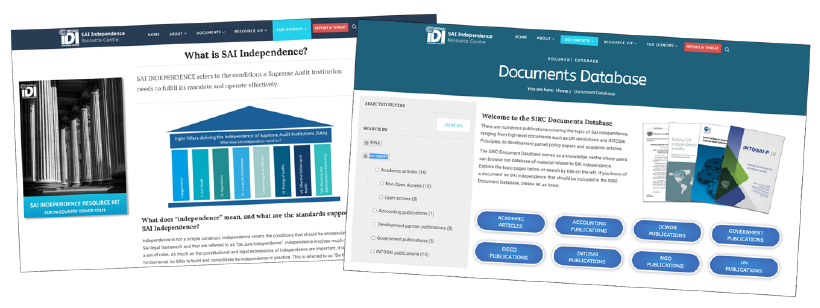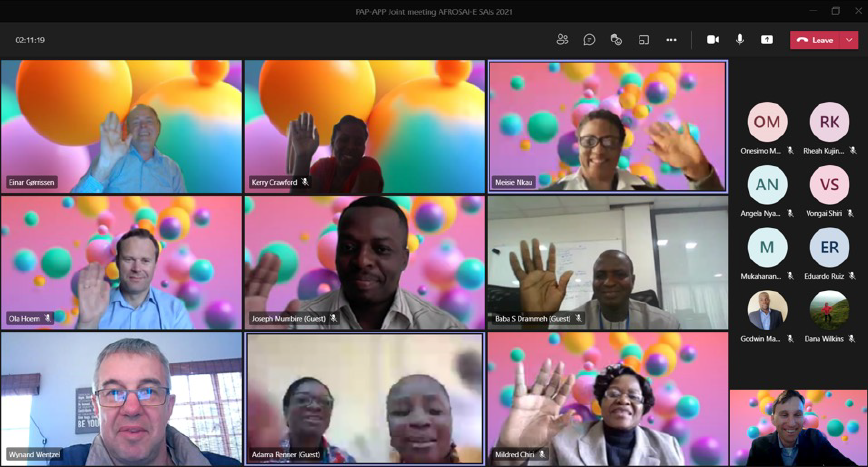IDI Operational Plan 2022
Highlights
From the Director General’s Desk
During the last year, countries across the world have had to re-prioritise their governance efforts to proactively meet the challenges of addressing the disaster response to the pandemic while also focussing on economic recovery. To meet the imperative need for transparent, accountable and inclusive governance, the importance of support to governments from Supreme Audit Institutions (SAIs) has continued to grow. While staying resilient in the face of uncertain times, we at the INTOSAI Development Initiative (IDI) have adapted in an agile manner to support SAIs in their continued efforts at ensuring accountability in crises and towards building back better after the pandemic.
We have continued our efforts during the year in adapting to the new normal while maintaining our commitment to the IDI Service Delivery Model, meeting the increasing demands of the SAI community through high quality initiatives and meeting gender and inclusiveness targets. This has been possible due to the efforts of IDI staff who successfully met all the challenges posed by the pandemic through their resilience, adaptability and innovation. Needless to say, the support received from our partners in the INTOSAI community and others has been paramount in sustaining our efforts.
As we continue to grapple with the pandemic, we tread optimistically - albeit with continued uncertainty into a future with changed realities where we believe SAIs can play a key role in “building back better”.
Moving into 2022, we seek to further strengthen our efforts at building up resilience, flexibility, foresight and demand-driven provision of support to SAIs. Our portfolio will focus on supporting the SAIs in their efforts at, among others, leveraging technology, helping governments in their pursuit of the Sustainable Development Goals (SDGs), facilitating audit impact, crisis and risk management in rejuvenating governance towards a bright post pandemic future. We will also continue to support SAIs in their efforts at strengthening their independence, mandates and audit processes.
Drawing on our lessons from adapting to the new normal and the time-tested IDI approach to capacity development, we will employ novel and innovative solutions in supporting SAIs in the coming period.
I take this opportunity to reiterate our firm commitment to supporting the role of SAIs in staying relevant to all by ensuring accountability, transparency, integrity, and inclusiveness in governance through 2022 and beyond with effective cooperation involving all our partners.


Global Support, Global Impact
IDI will support SAIs across the world through global, regional and country level initiatives.

140+ SAIs
committed to participating in IDI initiatives | 20+ long-term capacity development initiatives will be delivered to enhance capacity across six SAI strategic priority areas

200+ SAI teams
will be supported to build sustainable capacity | 7 Peer SAIs will partner with IDI to provide support to SAIs

20+ SAIs
on DAC list of fragile and conflict affected situations will participate in IDI initiatives | 7 further will be provided strategic support to secure long-term partnerships with other providers

5 SAIs
will be provided holistic, SAI-level support through long-term partnerships
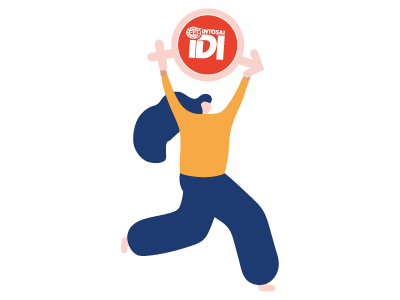
10+ SAIs
will be supported to integrate elements of inclusiveness and gender in their audits and/or strategic plans

5 FLAGSHIP INITIATIVES
will be delivered, responding to the global COVID-19 pandemic

2,000+ STAFF
will be supported to enhance their professional capacity

7 Strategic Partnerships
working together to strengthen public external audit
IDI supporting SAIs in the Post Pandemic World
SAIs have been committed to improving the lives of citizens by strengthening transparent, accountable and inclusive governance. As the world struggles to build back better, SAIs need to be resilient and agile in reinforcing their mandates and at meeting the expectations of their stakeholders including citizens, civil society, legislature and executive.
In the post-pandemic period, as countries implement emergency and rebuilding responses, the role of SAIs become paramount in ensuring effective utilisation of resources, management of funds, accountability in increased levels of spending, inclusive delivery of improved services, corruption-free governance and sustainable development. SAIs continue to be of importance in supporting their governments in their pursuit of the SDGs by holding them accountable to the linked outcomes.
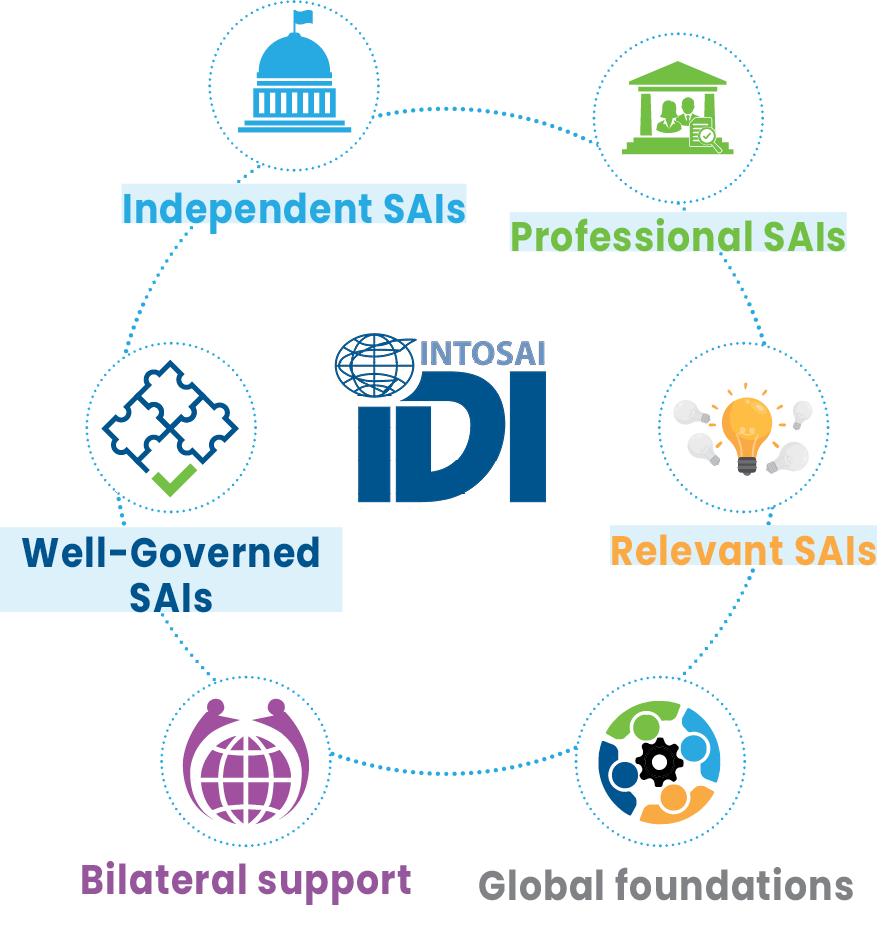
So, how is IDI supporting SAIs in doing their work?
The IDI work streams featuring in the IDI Strategic Plan 2019-2023 have been informed by the findings of the Global Survey and Global SAI Stocktaking Report (GSR) 2017, amongst other sources. The Independent SAIs, Well Governed SAIs, Professional SAIs and Relevant SAIs work streams, Bilateral Support portfolio and Global Foundations focussed on addressing the challenges faced by SAIs and highlighted in the 2017 report. Inherent to these work streams are the IDI’s cross-cutting priorities that contribute to its mission to sustainably enhance the performance and capacities of SAIs in developing countries: SAI culture and leadership, SAI communications and stakeholder management, inclusiveness and gender.
While SAIs are continuing their efforts at improving their performance, the GSR 2020 has reconfirmed the relevance of the IDI work streams and identified additional challenges facing many SAIs in addition to the global challenges posed by COVID-19.
We see a continued reduction in SAI Independence. Inadequacy of financial and human resources have a bearing on the performance of the SAIs, and SAIs are increasingly operating in countries characterized by democratic back-sliding.
The implications of COVID 19 and the results of the GSR 2020 also shows us that there is considerable potential for enhanced strategic management and governance arrangements in SAIs. On a positive note, SAIs appear to be publishing more audit reports, and the Adoption of the International Standards of Supreme Audit Institutions (ISSAIs) is increasing. However, the professional and organisational capacity of SAIs need to be strengthened continually for them to harness the benefits of implementing the standards.
Over the years, IDI has developed its own unique and successful ways of working with SAIs. These include using a facilitative approach, leaving no one behind, using a gender lens, providing needs-based and peer support, working in partnerships, widely consulting with stakeholders and continual learning. COVID-19 has also shown the importance of flexible and agile delivery mechanisms. IDI will continue to implement and adapt innovative ways of supporting SAIs to prepare for the new normal, audit relevant to the new normal, enhance ICT and connectivity, leverage new technology, and communicate effectively using electronic media.
Independent SAIs
WORK STREAM
Protect and Enhance SAI Independence
Strengthening SAI’s position in their accountability and oversight ecosystem
SAIs. Yet the more effective SAIs become, the more vested interests may have to gain from undermining their independence. Therefore, we have to find innovative ways to support SAIs in safeguarding their independence. In 2022, strengthening SAI’s position in their accountability ecosystem will be the main lever through which we will enhance and protect SAI independence at the country level. To that end, we will use leverage points in the accountability ecosystems to more effectively advocate and support SAI Independence, when engaging at the country level. This will entail establishing synergies, when possible, with diagonal and horizontal accountability actors, such as CSO, media, ombudsman and anticorruption agencies. SAI Leadership will remain the anchor of the process as we will work towards supporting them in engaging strategically with their stakeholders to create or expand change space in support of SAI Independence.
Mobilise advocates for SAI independence
Create and disseminate content to reach out more effectively to stakeholders in a digitized environment
Diverse stakeholder groups at the country, regional and global levels all recognise and support the fundamental importance of SAI independence and the contribution it can make to better public services and people’s lives. These stakeholders share IDI’s goals. Yet they often lack easy access to targeted advocacy materials on SAI independence which could make their work more effective.
In 2022, advocacy in a digitized environment will remain a core feature of our advocacy work. Building on the encouraging metrics coming from our digital advocacy through the SAI Independence Resource Centre and social media, we will leverage the social media platforms of our partners and use their channels to disseminate specific content on SAI Independence and reach out to broader audiences. Our advocacy will also be targeted towards developing joint material with interested parties, mainly diagonal accountability actors, to raise awareness on SAI Independence.
For example, the SAI Independence Resource Kit for Civil Society Organisations (CSOs) will be developed jointly with Transparency International (TI) and disseminated through their SANCUS ( Strengthening Accountability Networks among Civil Society) project global and country level platforms. Joint activities will be carried out with Extractive Industries Transparency Initiative (EITI) and OXFAM to support advocacy for SAI Independence.

Well-Governed SAIs
WORK STREAM
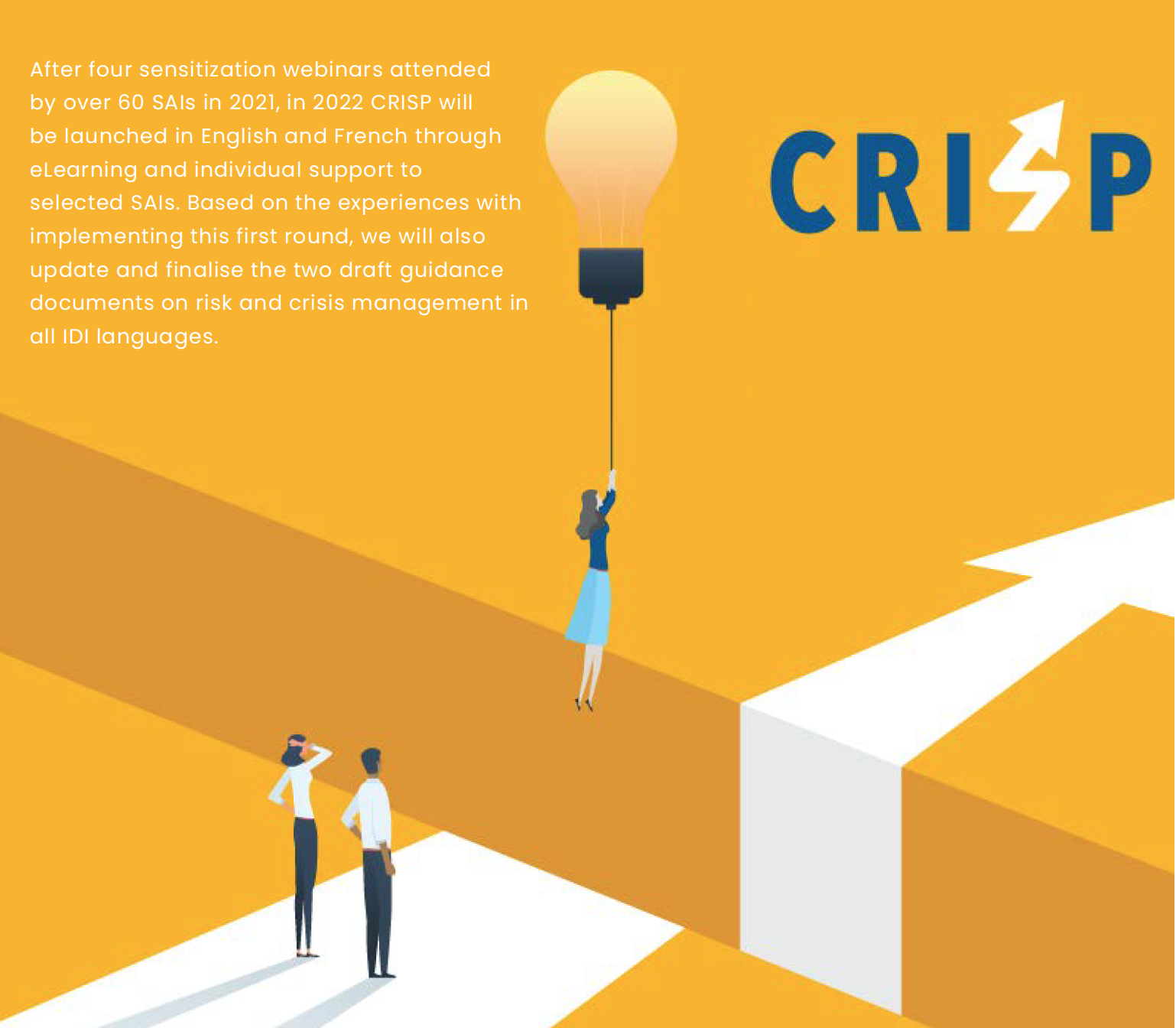
Towards more resilient SAIs
![]() Since the onset of the pandemic, many SAIs realised that they were not adequately prepared for disruptions and crises. The lack of functioning crisis management procedures made disruptions to SAI work more pronounced, potentially undermining their relevance in ensuring accountability. Despite previous experience, many SAIs also face outdated and ineffective risk management procedures and do not adequately capture current risks that are aggravated by the pandemic, like lack of human and financial resources. Risks of digitization, for example related to data security and access, but also to the SAI not having adequate digital systems and processes itself to stay relevant, are of particular concern.
Since the onset of the pandemic, many SAIs realised that they were not adequately prepared for disruptions and crises. The lack of functioning crisis management procedures made disruptions to SAI work more pronounced, potentially undermining their relevance in ensuring accountability. Despite previous experience, many SAIs also face outdated and ineffective risk management procedures and do not adequately capture current risks that are aggravated by the pandemic, like lack of human and financial resources. Risks of digitization, for example related to data security and access, but also to the SAI not having adequate digital systems and processes itself to stay relevant, are of particular concern.
To respond to those challenges, in 2021 IDI launched the CRISP (Crisis and Risk Management for SAI Performance) initiative. CRISP exploits the two-way link between reducing and managing the impact of risks and adverse events and preparing for future major disruptions. It focuses on establishing and improving risk and crisis management processes that help SAIs face future disruptions and strengthen their position in the accountability system of their respective countries.
Developing digital tools for more efficient SAI governance
![]() IDI is working on the development of two digital tools aimed at facilitating the work of SAIs and bringing increased efficiency and convenience to their processes. These projects are timely, as the new normal of remote working is becoming more widespread. Both tools will go live in 2022.
IDI is working on the development of two digital tools aimed at facilitating the work of SAIs and bringing increased efficiency and convenience to their processes. These projects are timely, as the new normal of remote working is becoming more widespread. Both tools will go live in 2022.
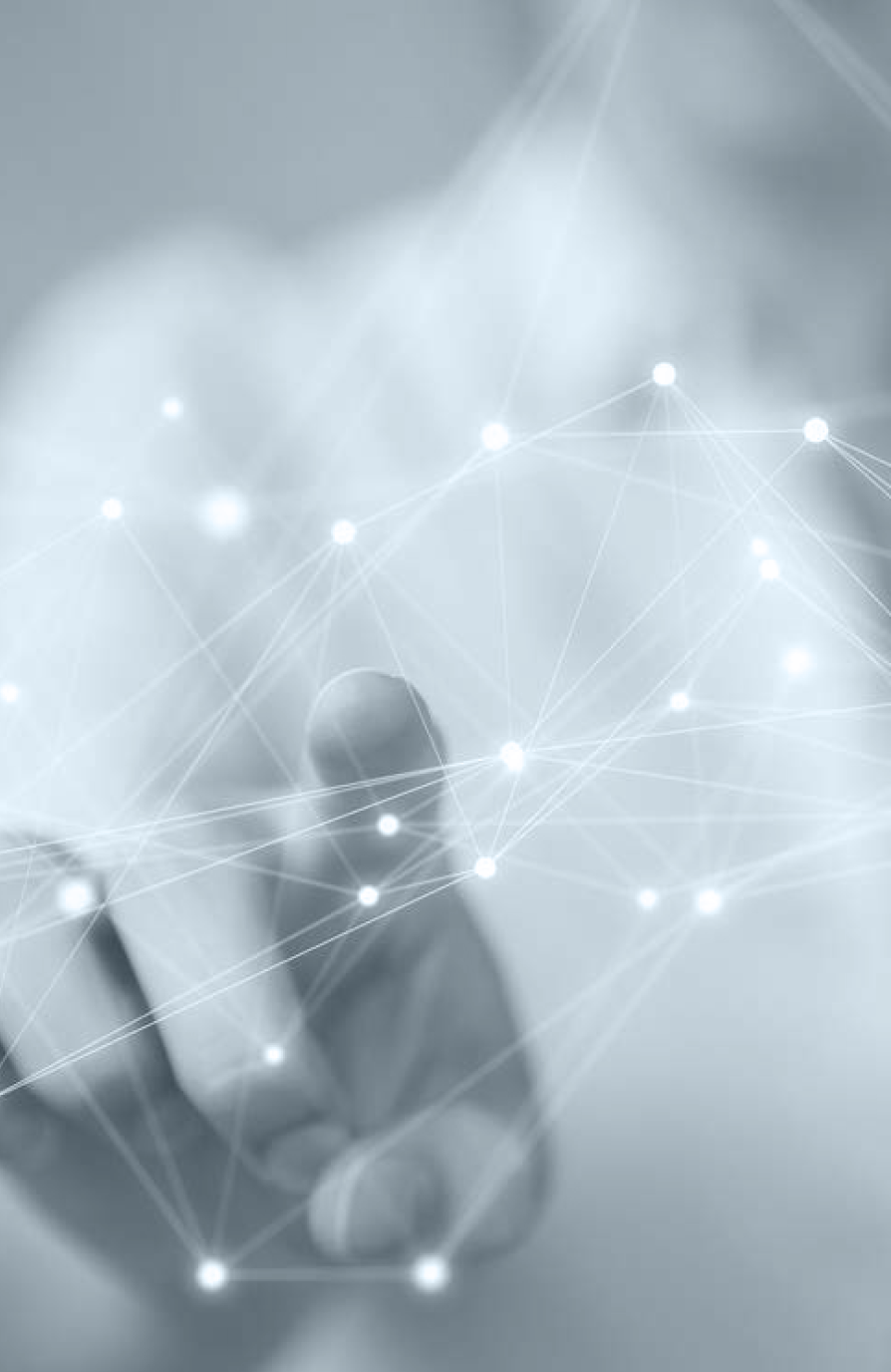
A software platform to facilitate strategic management towards better SAI performance
Drawing lessons from the implementation of the Strategy,Performance Measurement and Reporting ( SPMR= initiative, IDI decided to launch StORy (Strategic and Operational planning, Reporting), a project aimed at facilitating the design and management of SAIs’ strategy using a dedicated strategy software.
This digital platform will guide SAIs through IDI’s strategic management methodology and offer user-friendly applications to design, develop and implement their strategy and operational plans while benefiting from a powerful monitoring and reporting tool.
SAI PMF will go digital
The SAI Performance Measurement Framework (SAI PMF) is a framework specifically developed for SAIs to assess their performance and identify their main strengths and weaknesses. To date, around 80 SAIs have conducted a SAI PMF assessment.
Application software is currently under development to digitise the SAI PMF framework and assessment process. This will streamline the process and entails that an assessment can, to a great extent, be carried out online. Integrated guidance will contribute to higher quality assessments. Additionally, the application will have a reporting functionality that will facilitate IDI reporting on SAI PMF data.
Professional SAIs
WORK STREAM
Ensuring fairness, validity, integrity, scalability, and inclusiveness in the assessment of professional competencies
![]() More than 1200 SAI Auditors and SAI Coaches are currently accessing digitised education and social learning through the Integrated Education and Reflection Platform for PESA-P (Professional Education for SAI Auditors-Pilot). We expect most of the 800 plus SAI Auditors to complete their education and become eligible for taking the PESA-P Assessments in 2022. As we develop a framework for these assessments the foremost question in our minds is – how do we ensure that the assessments are fair, valid, manage integrity risks, scalable and inclusive? We have reflected on these principles in developing the PESA-P assessment framework. In 2022, we will work together to design and develop robust assessments which are aligned to PESA-P’s learning outcomes. The assessments will be designed to test the application and professional judgement of SAI auditors. We plan to provide support to learners through mock exams and webinars on PESA-P assessments to create a level playing field for all learners. Delivered through an outsourced platform that is globally accessible, the assessments will be scalable and will include robust proctoring arrangements for managing integrity risks and allow candidates an opportunity to resit the exam if they are not successful in the first attempt.
More than 1200 SAI Auditors and SAI Coaches are currently accessing digitised education and social learning through the Integrated Education and Reflection Platform for PESA-P (Professional Education for SAI Auditors-Pilot). We expect most of the 800 plus SAI Auditors to complete their education and become eligible for taking the PESA-P Assessments in 2022. As we develop a framework for these assessments the foremost question in our minds is – how do we ensure that the assessments are fair, valid, manage integrity risks, scalable and inclusive? We have reflected on these principles in developing the PESA-P assessment framework. In 2022, we will work together to design and develop robust assessments which are aligned to PESA-P’s learning outcomes. The assessments will be designed to test the application and professional judgement of SAI auditors. We plan to provide support to learners through mock exams and webinars on PESA-P assessments to create a level playing field for all learners. Delivered through an outsourced platform that is globally accessible, the assessments will be scalable and will include robust proctoring arrangements for managing integrity risks and allow candidates an opportunity to resit the exam if they are not successful in the first attempt.
At the request of SAI Coaches, we will also make these available to interested SAI Coaches, who have completed all the PESA-P educational requirements. Read more about PESA-P Assessments here.

Drawing up a framework for a risk-based approach to ensuring audit quality
![]() Ensuring audit quality is the cornerstone of ISSAI compliant audit practices. Over the years, we have supported SAIs in ensuring audit quality by providing guidance and support on quality control and facilitating quality assurance of IDI supported cooperative audits. With the launch of International Standards on Quality Management (ISQM) 1 & 2, the international audit community is moving from process-based quality control and quality assurance systems to a risk-based approach to audit quality management. Even as INTOSAI works on updating ISSAI 140, we plan to start work on developing a framework for using a risk-based approach to ensuring audit quality. The framework will reflect on key principles of audit quality management and provide options for SAIs with diverse capacities and contexts to ensure audit quality. In 2022, we plan to pilot the draft framework by facilitating the design of SAI quality management systems, that will operate in an iterative and integrated manner. We envisage providing integrated education and support to pilot SAIs for establishing quality objectives, identifying and assessing quality risks, and designing and implementing responses to risks after taking into account the context within which they operate.
Ensuring audit quality is the cornerstone of ISSAI compliant audit practices. Over the years, we have supported SAIs in ensuring audit quality by providing guidance and support on quality control and facilitating quality assurance of IDI supported cooperative audits. With the launch of International Standards on Quality Management (ISQM) 1 & 2, the international audit community is moving from process-based quality control and quality assurance systems to a risk-based approach to audit quality management. Even as INTOSAI works on updating ISSAI 140, we plan to start work on developing a framework for using a risk-based approach to ensuring audit quality. The framework will reflect on key principles of audit quality management and provide options for SAIs with diverse capacities and contexts to ensure audit quality. In 2022, we plan to pilot the draft framework by facilitating the design of SAI quality management systems, that will operate in an iterative and integrated manner. We envisage providing integrated education and support to pilot SAIs for establishing quality objectives, identifying and assessing quality risks, and designing and implementing responses to risks after taking into account the context within which they operate.
Relevant SAIs
WORK STREAM
Auditing for Equal and Green Futures for All
 We live in an unequal world. Across the globe, many individuals, and groups, are vulnerable and marginalized due to gender, ethnicity, disabilities, poverty, age, geographical location, migration, conflict, climate change etc. Billions of people live in poverty and are denied a life of dignity. There are enormous disparities of opportunity, wealth and power. Gender inequality remains one of the key challenges. The pandemic is now exacerbating existing inequalities within and among countries, and hitting the most vulnerable people and the poorest countries hardest.
We live in an unequal world. Across the globe, many individuals, and groups, are vulnerable and marginalized due to gender, ethnicity, disabilities, poverty, age, geographical location, migration, conflict, climate change etc. Billions of people live in poverty and are denied a life of dignity. There are enormous disparities of opportunity, wealth and power. Gender inequality remains one of the key challenges. The pandemic is now exacerbating existing inequalities within and among countries, and hitting the most vulnerable people and the poorest countries hardest.
We also live on a planet where the climate crisis continues unabated. 2010-2019 was the warmest decade ever recorded, bringing with it massive wildfires, hurricanes, droughts, floods and other climate disasters across continents. Climate change is affecting every country in the world. It is disrupting national economies and affecting lives and livelihoods, especially for the most vulnerable.

Can SAIs do something about this?
IDI’s Equal Futures Audit Initiative and the experiment for exploring innovative audit approaches to climate action are founded on the firm belief that SAIs can make a difference by auditing for equal and green futures.
In 2022, we will launch the equal futures audit initiative which aims to promote and support equal futures audits. It will provide a global platform for awareness-raising and advocacy for equal futures audits, build audit frameworks and tools for auditing government efforts to address different areas of vulnerability and marginalization and support SAIs in conducting high quality and high impact equal futures audits.
We also plan to initiate a new experiment within the professional and relevant SAIs portfolio of experiments. In 2022, we plan to explore innovative audit approaches to climate action. We will seek to partner with a number of key stakeholders, including INTOSAI Working Group on Environmental Audit (WGEA), working with the climate change agenda to identify focus areas for auditing climate action and possibly build one or two audit frameworks.
Shaping a Digital Future for SAI Audits
![]() We live in an age where new technologies reach markets at breakneck speed, the amount of digital information continues to grow and government processes become more and more digitalised. It is thus crucial for SAIs to develop capacities to negotiate this space by using technology in their audit work and auditing use of technology by governments.
We live in an age where new technologies reach markets at breakneck speed, the amount of digital information continues to grow and government processes become more and more digitalised. It is thus crucial for SAIs to develop capacities to negotiate this space by using technology in their audit work and auditing use of technology by governments.
To do so, SAIs need to understand the technological change around them, assess the implications of this change for their work, strategise to leverage on technological advancement in SAI audits, develop institutional, organizational and professional staff capacities to conduct high quality and high impact technology-driven audits. Our latest initiative on Leveraging on Technological Advancement (LOTA) will address this need of SAIs by supporting them to stay relevant by leveraging on and auditing technological advancements.
We have built a LOTA strategy framework that starts with a LOTA scan tool for assessing the internal and external environment in SAIs. In 2022, we will help SAIs in using the tool to develop LOTA Tech Strategies. We will also start supporting the SAIs through ‘LOTA Enable’ by developing a Tech education curriculum for SAI Auditors, launching a LOTA Tech cooperative audit in a high priority area and building a community of SAI tech people through ‘LOTA Connect’.
We have also created space for exploration and experimentation under the ‘LOTA Explore’ component of the initiative. In 2022, we plan to work with exploring the use of data analytics in financial audits. The third component called ‘LOTA Talks’ will advocate for and raise awareness of Tech audits within the SAI community and key stakeholders. The ‘LOTA talks’ series will be delivered online on an annual basis, picking up new areas for Tech audits.
As we work with technology, we will not lose focus on gender and inclusiveness. These considerations are and will be mainstreamed through everything we do in LOTA.
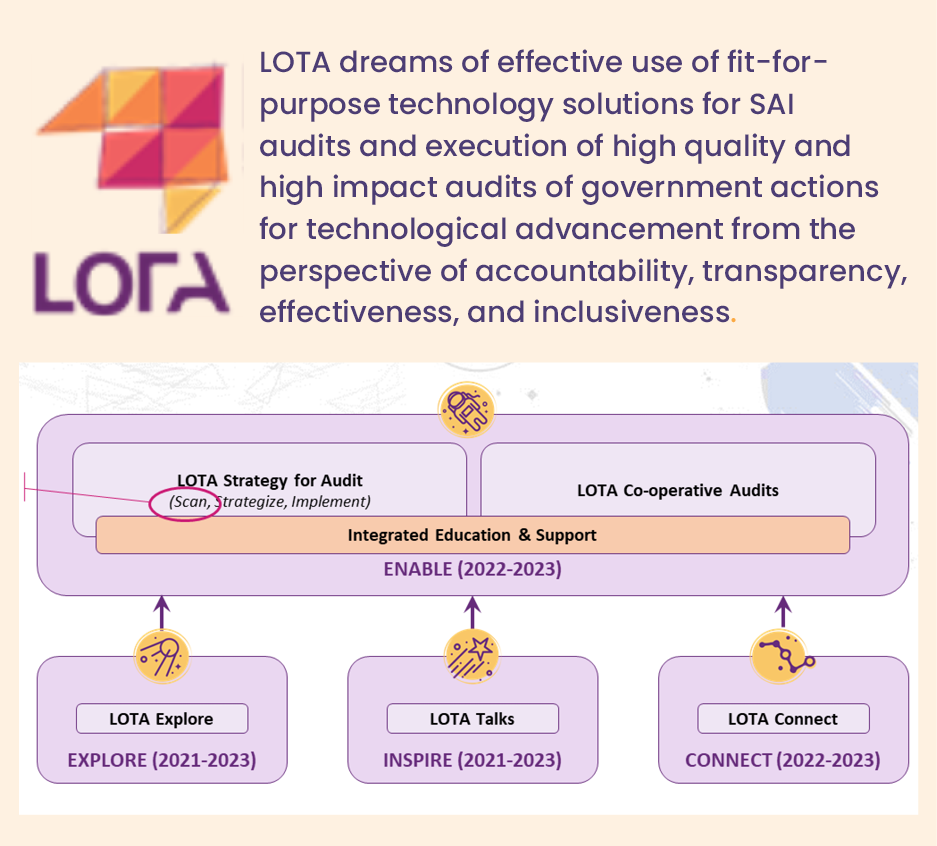
Learning Festivals: Fostering communities and celebrating lifelong learning
![]() Over the years we have developed many resource pools and networks of training specialists, eLearning specialists, Learning Management System (LMS) administrators, ISSAI facilitators and SAI Young Leaders (SYLs). Besides these, a number of resource persons provide tremendous in-kind contributions for different initiatives e.g., PESA-P educators, SYL Coaches, mentors teams for Transparency, Accountability and Inclusiveness Audits (TAI Audits), Audit of Strong & Resilient National Public Health Systems(3.d audits) and Audit of Sustainable Public Procurement using data analytics(CASP).
Over the years we have developed many resource pools and networks of training specialists, eLearning specialists, Learning Management System (LMS) administrators, ISSAI facilitators and SAI Young Leaders (SYLs). Besides these, a number of resource persons provide tremendous in-kind contributions for different initiatives e.g., PESA-P educators, SYL Coaches, mentors teams for Transparency, Accountability and Inclusiveness Audits (TAI Audits), Audit of Strong & Resilient National Public Health Systems(3.d audits) and Audit of Sustainable Public Procurement using data analytics(CASP).
In 2021, we launched a pilot Learning Festival for bringing the latest thinking around emerging trends in education, innovation and audit to our communities. We also took the opportunity to consolidate networks and resource pools to set up networking solutions. From 2022, we plan to organise annual learning festivals by scaling up our offering based on demand and exploring more diverse topics of interest for the communities. We will also put in place a fit-for-purpose solution for fostering a vibrant network of resource pools.
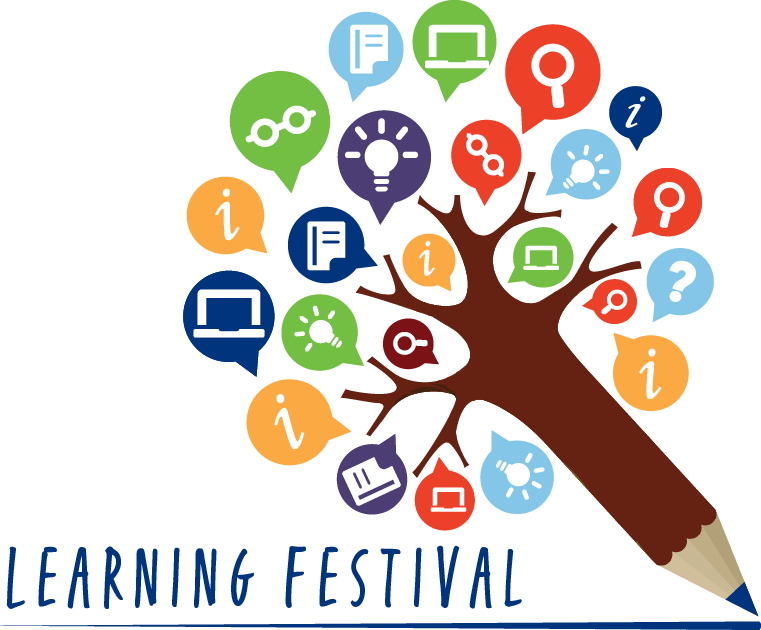

Bilateral Support
WORK STREAM
Delivering audits in new areas for greater national impact
SAIs in challenging contexts strengthen and expand audit methodologies
Our bilateral support is targeted towards SAIs operating in the most challenging contexts, and who receive limited support from other INTOSAI providers. We will support these SAIs to deliver audits in new areas of national importance in 2022.
The SAI of Somalia will embark on using the AFROSAI-E methodology for forensic audit in 2022. The SAI of The Gambia will continue to deliver audits in critical areas, including on the central government accounts and the COVID-19 response, complemented by citizen-friendly summaries and targeted stakeholder engagements to maximise the impact of the reports.
SAI Madagascar will be supported to strengthen the jurisdictional controls and to conduct compliance and performance audits. In the Democratic Republic of Congo, the SAI will be supported to develop an ISSAI-based compliance audit methodology and initiate compliance audits. In South Sudan, the National Audit Chamber (NAC) will be supported to audit the petroleum sector as listed in the peace agreement, the use of IMF emergency funding and to present a consolidated compliance audit report to the Parliament and President. Through delivering these audits the SAIs will demonstrate an ability to add value to their country, despite the various capacity, independence and political challenges.
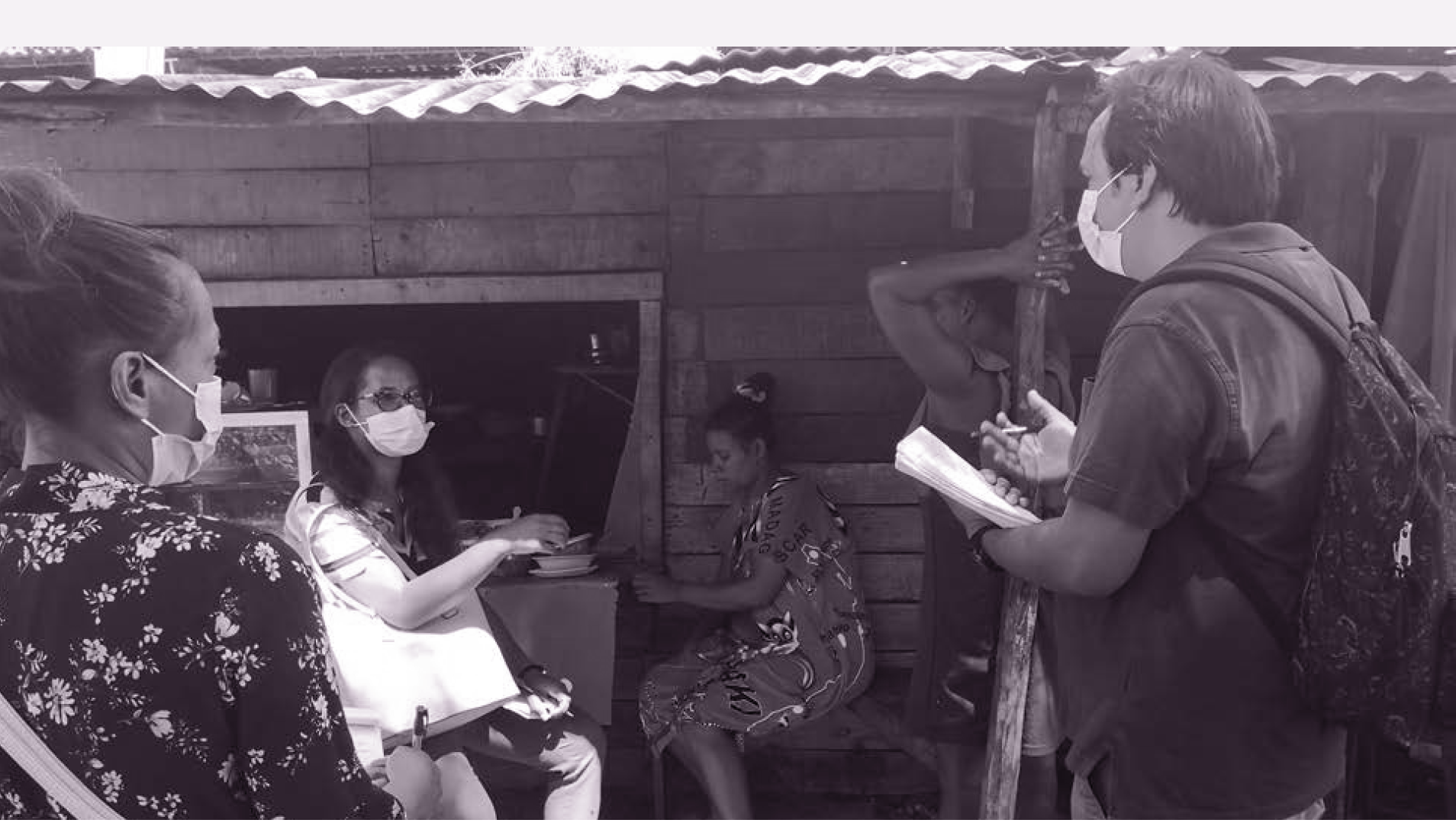

SAIs in challenging contexts utilizing their limited resources strategically
Sound strategic management is critical for SAIs in challenging contexts
SAIs in challenged contexts often have limited human and financial resources, and operate in an unpredictable political landscape. To maximize their impact, SAIs need to carefully prioritise their resources and activities.
Many SAIs in challenged countries have over the last few years established result-oriented strategic plans, which provide a good fundament for prioritizing their resources and actions so that they can have an impact. However, actual use and decision making in line with the strategic plan requires skills, systems and routines. Recognising this, SAI strategic management is one of the key result areas for the bilateral support that IDI and partners provide to SAIs in challenging contexts. In 2022 several of these SAIs will enhance their internal monitoring and reporting, ensuring focus and follow-up of key priorities for SAI impact.

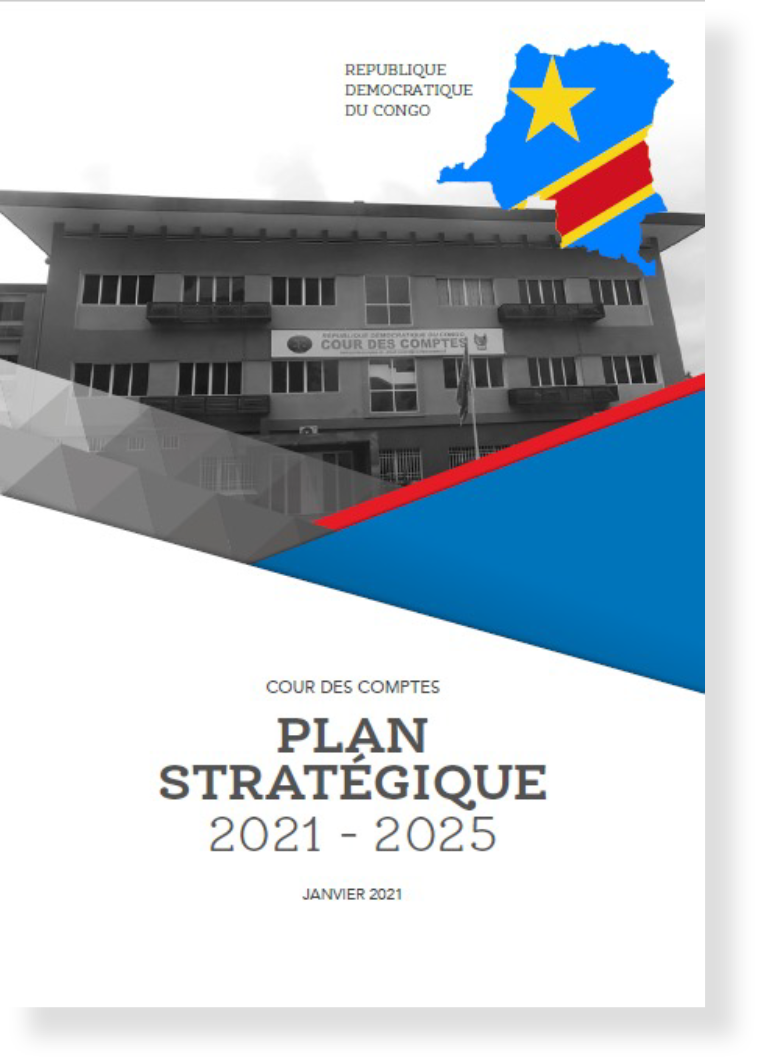
Partnering with challenged SAIs benefits all
Global sharing of good stories
being left behind and have often substantial capacity and performance gaps. When other SAIs come together and partner with challenged SAIs, effective capacity development can take place. Over the last year, there are many SAIs that have stepped up and committed to multi-year support to the most challenged SAIs. Through the Accelerated Peer Support Partnership (PAP-APP), good stories and material from support to the these SAIs will be shared globally, to facilitate synergies between projects and inspire other partnerships.
Watch our Accelerated Peer Support Partnership (PAP-APP) video here.

Global Foundations
WORK STREAM
Influencing Global Policy
Disseminating the results of the 2020 Global Stocktaking Report (GSR)
In 2021, IDI published the GSR, showing the state of SAIs globally and regionally, including comparisons to 2017. The report provides insight to questions like: What are the most pressing challenges faced by SAIs globally? Are SAIs’ audit reports being scrutinised by Parliament, published and acted on by Governments? Are SAIs independent from the bodies they audit? Do they have the resources to hold Governments to account and are they delivering high quality audit work? How do SAIs fare on gender and inclusiveness issues as organisations and in their audits?
The GSR contains a wealth of information, and the dissemination began with a global webinar launch in 2021 to discuss core findings. With the addition of a designated Gender Annex and further data sets, GSR communications activities in 2022 will enable INTOSAI, IDI, INTOSAI regions,individual SAIs and other stakeholders to drill further into specific information and use this to inform their future strategies and plans.
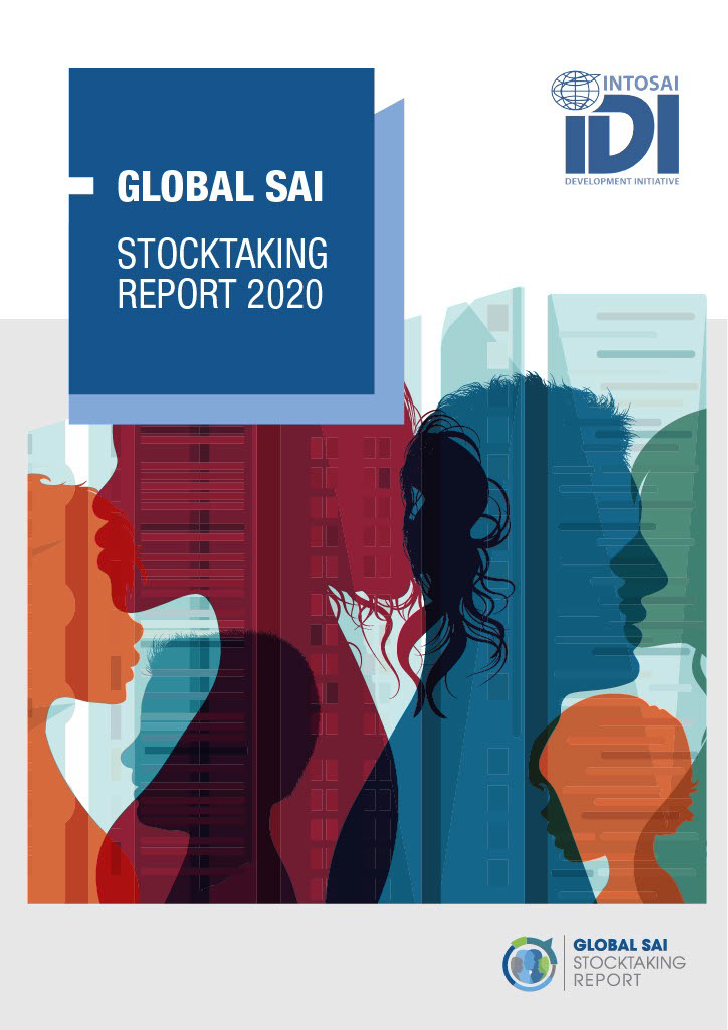
Leveraging the Influence of the IMF
Regional Peer to Peer Seminars with SAIs and the IMF
Building on collaboration with the IMF through 2020-21, in 2022 IDI will support the IMF to arrange a series of regional Seminars between IDI, IMF and SAIs, on the audit of COVID related emergency finance. These seminars will look at the challenges faced by SAIs in conducting agile audits of emergency finance, and how these may be overcome. They will also explore whether and how such audits are published and followed up within domestic accountability systems, including through political and law enforcement agencies. As well as providing a forum for peer to peer learning, the seminars will provide a platform for identifying further support needs amongst SAIs, which could be met through additional peer to peer support or the IMF’s Capacity Development programme ‘Check the Receipts’. IDI will continue to support the IMF in delivering support to individual SAIs under this CD programme as needed, to strengthen SAI capacity to conduct and publish appropriate audits and support wider accountability responses.
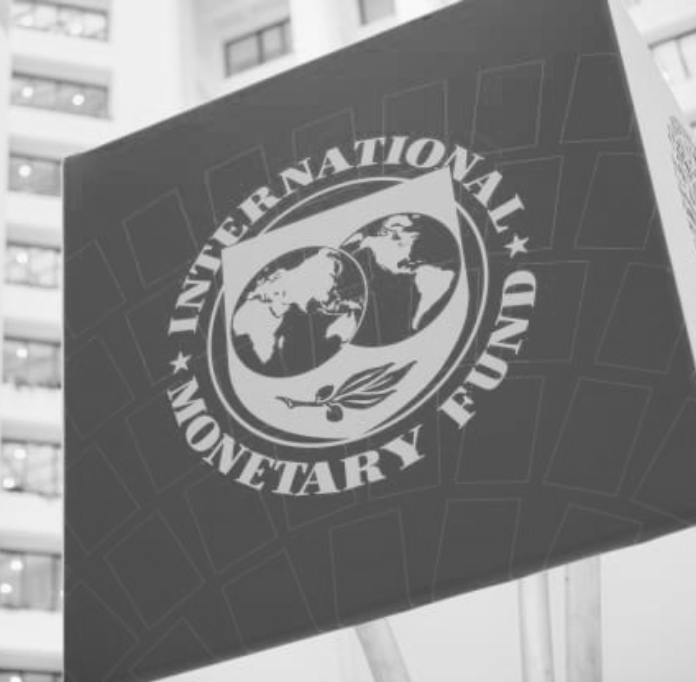
Strengthening SAI Resilience
Coordinating to Support SAIs at the risk of being left behind
In 2017 the INTOSAI-Donor Cooperation (IDC) embarked on a new initiative called the Global Call for Proposals Tier 2 (GCP Tier 2) which had the objective of strengthening the entire strategic management cycle of selected SAIs that operate in countries in extremely challenging contexts. The implementation of this initiative was delivered under the PAP-APP - a partnership between IDI, CREFIAF and AFROSAI-E. Based on the success of this first round that supported nine SAIs, the INTOSAI-Donor Steering Committee (IDSC) has decided to expand this initiative with another round. This new round of the GCP Tier 2 has seen not just a change in name (as it will now be called the Global SAI Accountability initiative or GSAI), but also changes in the design where SAIs will now be able to do capacity strengthening in a specific SAI core service area simultaneously with the capacity strengthening of their strategic management process.
In 2022, GFU will continue to support the GSAI committee in working on the selection of participating SAIs. It is also envisaged that the implementation phase of GSAI will begin with readiness workshops for key stakeholders (SAIs and providers of support) as well as tailoring the GSAI approach based on needs assessment and the context in which the SAIs operate. This will lay the foundation for the implementation of the full GSAI initiative that should culminate in participating SAIs having a strategic plan, preparing concept notes and forging long term partnerships with donors and/or providers of support.

IDI Key Performance Indicators
IDI's Operational Plan includes a robust results framework to measure and report on progress. A selection key indicators, and targets for the end of 2021 are:
Global Outreach
Relevant SAIs
Independent SAIs
Bilateral Support
Well-Governed SAIs
Global Foundations
Professional SAIs
Inclusiveness and Gender
Cross-Cutting Priorities
IDI will ensure the following cross-cutting priorities continue to be reflected throughout its work in 2022.

SAI Culture and Leadership
All SAI development is a change process. This requires committed and effective leadership, and a recognition that change cannot happen without understanding and working within the culture of an organisation. IDI initiatives under work streams, bilateral support and Global Foundations engage with and support SAI leadership in change processes.

SAI Communications and Stakeholder Management
To deliver value and benefits for everyone, and to embark on successful change processes, SAIs need to be outward-facing organisations, with good communications skills and a thorough understanding of their stakeholders.
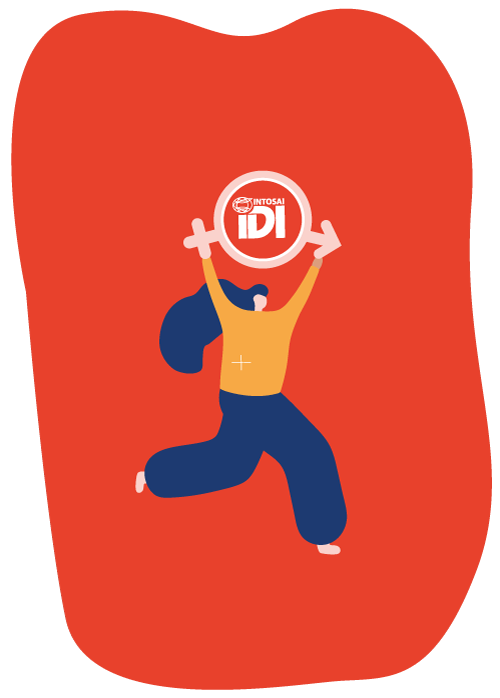
Inclusiveness and Gender
IDI’s vision is a world that is gender-responsive, leaves no one behind and benefits everyone. Thus, IDI’s ambition is to step up its engagement on gender and inclusiveness and to support gender-responsive SAIs across the IDI portfolio with an intersectionality lens. Active collaboration with INTOSAI bodies, relevant organisations and stakeholders, and piloting gender focused engagement in IDI will support the successful integration of a gender perspective in the SAI world.
These cross-cutting priorities can be seen for example in the following IDI initiatives.
MASTERY: Enabling SAI leaders to leverage on newest insights towards effecting change
Securing leadership commitment is a prerequesite for all IDI initiatives. Still, most of our capacity development interventions target SAI staff at the mid and senior level. As a consequence,there has been a growing recognition of the need to capture SAI leadership in a dedicated initiative. But what knowledge areas and skills would existing Heads of SAIs be most interested in, when presumably they already have the necessary toolbox to drive their SAIs’ transformation processes? Enter MASTERY, the new IDI initiative that provides SAI leaders with carefully crafted Masterclasses on selected key topics.
MASTERY consists of various interactions in a closed-room setting, where invited SAI leaders benefit from insights and exclusive meetings with experts within and outside of the IDI. MASTERY adopts a flexible format and approach, driven by the needs of participating SAI leaders, to provide practical and complementary tools as well as a space for sharing of experiences and provision of advice among peers. SAI leaders craft succinct action plans that outline how the knowledge acquired can be put into practice in the SAI. Building on the 2021 pilot Masterclass on SAI independence (delivered jointly with the IDI Independent SAIs work stream and with the participation of guest speakers from GIZ, the World Bank and selected SAIs), the masterclasses in 2022 topics will tentatively be on strategic foresight and gender.
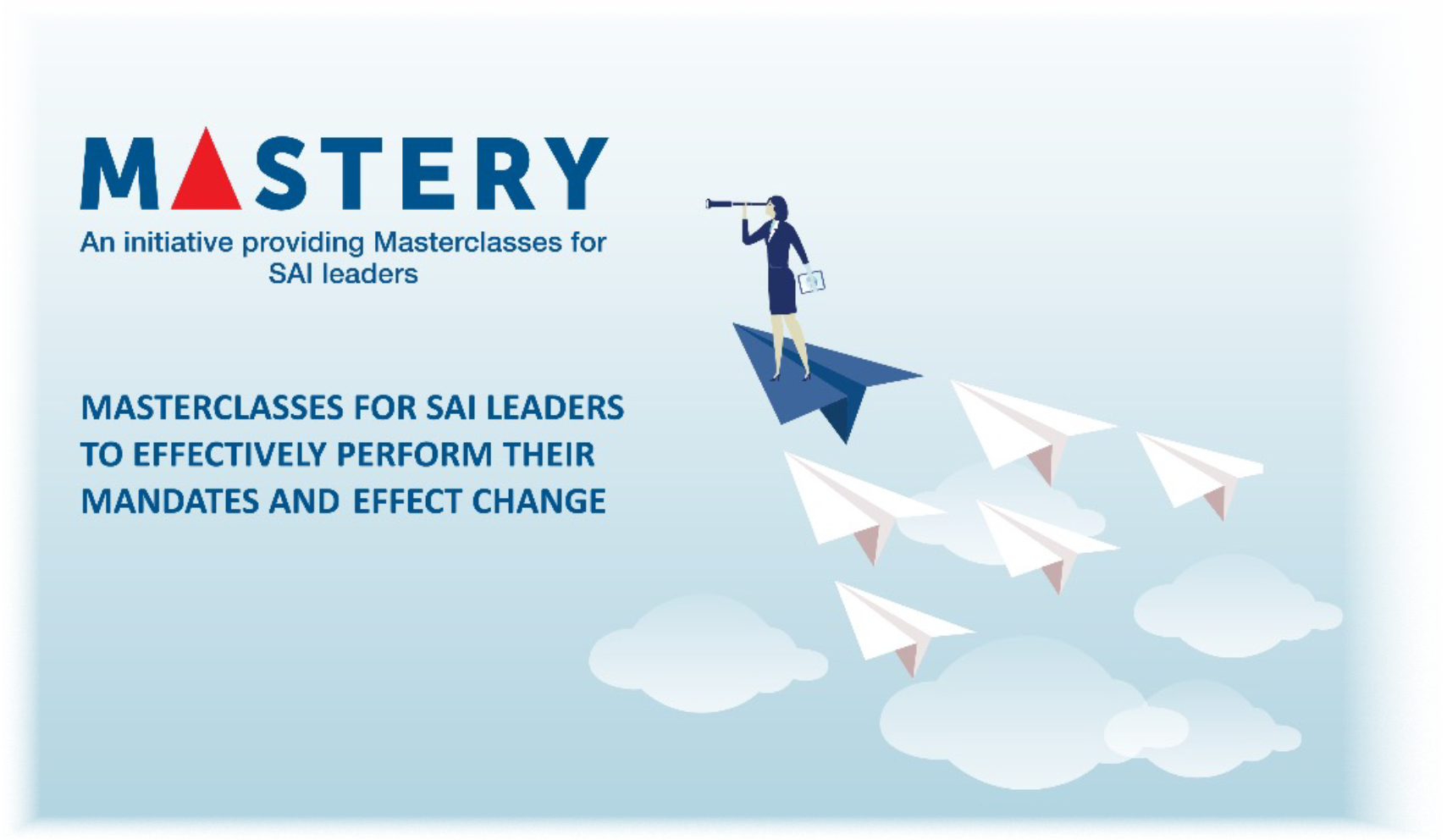
Strengthening stakeholder coalitions to facilitate audit impact
One of the strategic goals of the IDI Facilitating Audit Impact initiative (FAI) is strong stakeholder coalitions. Why? Because IDI believes these coalitions can support audits that contribute to more inclusive and equal futures, benefiting everyone in society and the planet. In 2022, IDI plans to support SAIs in strengthening coalitions with audited entities, parliaments, civil society organisations and citizens. The work on stakeholder coalitions will be linked to IDI’s ongoing and planned support to impact-driven audits and robust follow up systems.

Spotlight on gender and inclusiveness
Gender and inclusiveness are not only cross-cutting priorities in IDI. Under IDI’s Equal Futures Audit initiative in 2022 they are the main focus. See “Auditing for Equal and Green Futures for All” above to learn more about it.
Delivery during Crisis and Beyond
IDI’s early mover advantage in leveraging and adapting digital solutions and technology a few years ago enabled IDI staff and beneficiary SAIs to harness the benefits of digital education. This underpinned effective, interactive and meaningful capacity development through online and hybrid means. As the pandemic raged, we continued our quest to further strengthen our online and digital mechanisms. Now, with the pandemic hopefully waning, we build upon our efforts at inclusive delivery of support through online, on-site and hybrid mechanisms in the new normal.
Click on the images to learn more>>
Digitally Integrated SAI Community and Stakeholders for Effective Capacity Development
We will use digital platforms along with limited on-site outreach to bring together the SAI community for ensuring sharing of knowledge, expertise and experience. A series of events under different work streams will facilitate these exchanges. Global summits and masterclasses on key subjects will bring together SAI leadership and major stakeholders. SAIs will be provided with online platforms to build upon their lessons learned and take forward their learning. Online platforms will be used for advocacy on SAI Independence.
Research and Experiments Opening up New Frontiers
Innovation in addressing key challenges to SAIs has been built into IDI’s efforts. Detailed research go into developing and delivering IDI’s initiatives. We will effectively engage with stakeholders in strengthening research on SAI Independence and related issues. Masterclasses under the MASTERY initiative will be developed after research on specific subjects. We will continue with our portfolio of experiments to support exploration and innovation in new areas. These would include audit analytics and approaches for auditing climate action.
Frameworks, Tools and Apps for Guided Performance Enhancement
IDI is constantly striving to provide resources for making the work of SAIs professionally organised according to the applicable ISSAIs and best practices. The SAI Independence Resource Kit will be made available to Civil Society Organisations. Project StORy will launch the SAI Strategic Management Software. SAI HR Basics Course and HR Integrated Assessment Tool will help the SAIs in streamlining their HR management. To facilitate core audits, develop professional auditors and leverage technology for audits, we plan to update the IDI SDG Audit Model (ISAM), provide Leveraging on Technological Advancement (LOTA) scan tool, curriculum for data literacy of SAI auditors and develop frameworks for robust follow up systems and strong stakeholder coalitions.
Continued Reliance on Improved and Updated IDI Learning Management System and eLearning
IDI LMS has become a key tool for the delivery of our initiatives. In 2021 the technological capacity of the LMS was increased to serve many enrolled users and concurrent users in our virtual classrooms. New reporting tools were implemented in our LMS to generate valuable decision-making information with the LMS database. An IDI LMS customized app will be launched early in 2022 and new accessibility functions will be launched during 2021 – 2022. These features showcase our commitment to inclusiveness. A more inclusive IDI LMS enables learners to connect using mobile devices and improves the user experience of learners with visual and auditive disabilities. An Education, Assessment and Reflection framework will be used for delivering professional education for SAI auditors through digitized units and models on integrated education and professional development platform. For focussed support to SAIs, remote support through digital means will be relied upon in addition to on-site support. The integrated provision of educational and technical resources, audit support and knowledge sharing for all IDI initiatives will be managed through online platforms.

Continually Improving IDI
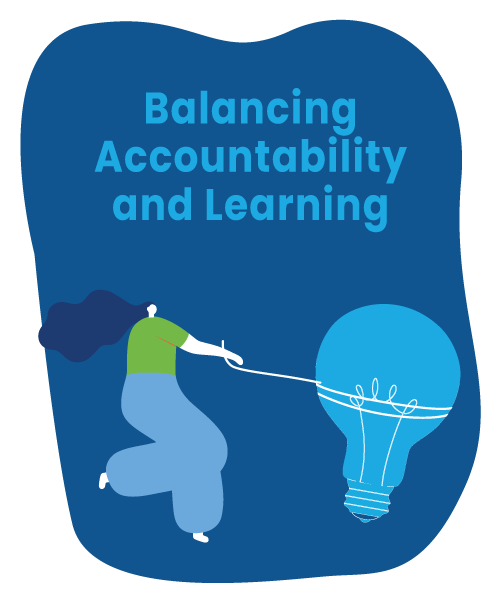
Balancing Accountability and Learning
Evaluation plays a crucial role in helping IDI to learn lessons and remain accountable to stakeholders, especially SAIs and development partners. Having completed evaluations of several IDI initiatives during 2019-21, in 2022 IDI will take stock of progress against its Strategic Plan. IDI will commission an independent mid-term evaluation of the implementation of its IDI Strategic Plan. This will look at achievements during 2019-21, including progress on IDI’s two strategic shifts: transition to work streams and integration of gender. It will also explore the integration of the Global Foundations Unit (formerly INTOSAI-Donor Secretariat) into IDI, examine how IDI cooperates with the INTOSAI-Donor Cooperation, and look at progress in strengthening IDI’s partnership arrangements.
To ensure stakeholder participation and increase the relevance of the findings, the evaluation will look at IDI from the perspective of several SAIs across different INTOSAI regions. It will explore questions such the relevance of IDI’s service offer to SAIs, how SAIs decide on their participation in IDI initiatives, how coherent and well-coordinated are IDI initiatives from a SAI perspective, and what is the value-added of IDI initiatives for SAIs? Results from the evaluation will be used by IDI and the IDI Board in 2022/23 to inform the development of the next IDI Strategic Plan.
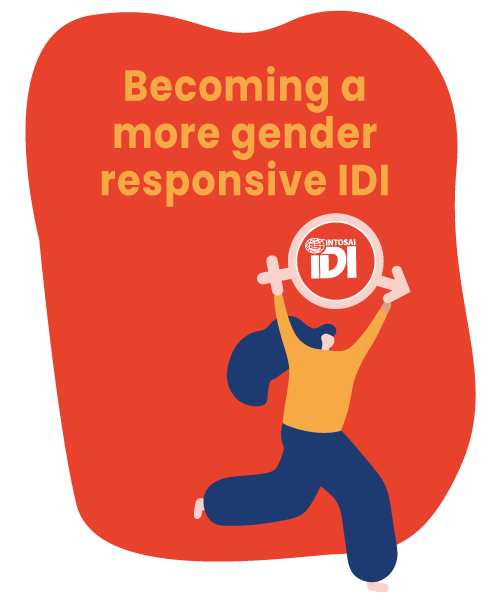
Becoming a more gender responsive IDI
IDI has committed to fully integrating a gender perspective in its organisation and working with SAIs in the IDI Strategic Plan. The IDI Gender Strategy provides strategic directions for IDI’s engagement and commitment to gender issues.
One strategic priority is to lead by example and become a gender responsive organisation. Walking the talk and being credible and inspirational is the foundation for IDI’s advocating and influencing role vis-à-vis SAIs and the INTOSAI community.
In 2022, IDI will continue its work towards this priority. Here are two examples of how IDI plans to deliver:
Developing human resources, expertise and competence: In 2021, building on previous internal work, IDI hired an external expert to work with IDI for gender-balanced and diverse IDI staff. IDI will implement recommendations and IDI staff will participate in relevant trainings in 2022.
Ensure gender dimensions are integrated gender across the IDI competency framework. This will help IDI in making gender part of the competencies needed to implement its Strategic Plan. All Gender Champions in IDI already have a clear profile. In addition, IDI’s Gender Policy 2021, includes an Accountability Framework with roles and responsibilities for everyone in IDI.
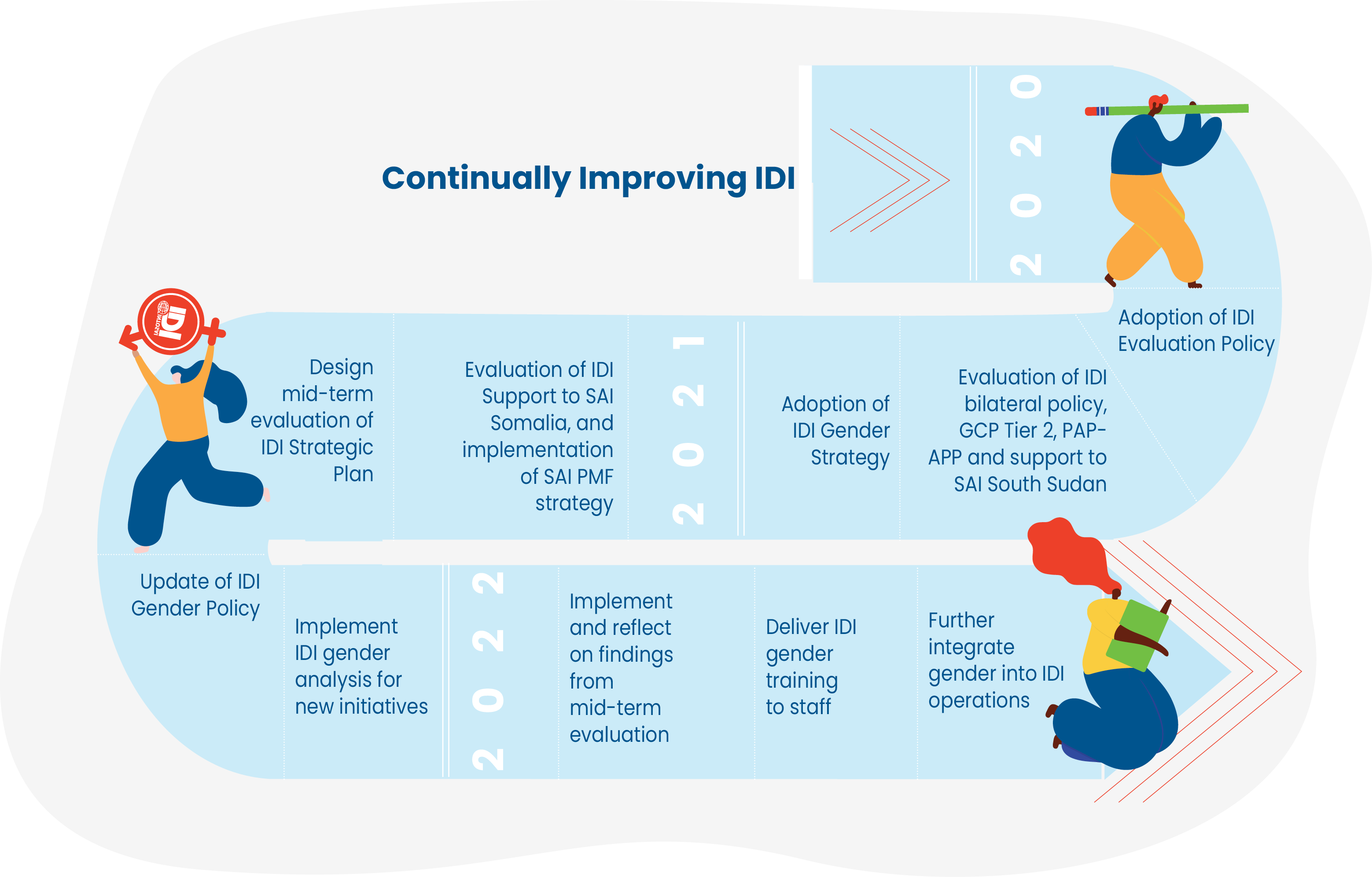
Financial Position
The financial situation of IDI remains sound. Total income for 2022 is estimated at NOK 115.3 million with expenditures of NOK 89.2 million.
The income amount includes balances of NOK 27.4 million from 2021 assumed to be carried forward in full. The support from donors has continued throughout 2021 with positive discussion around existing agreements where activities have continued to be delivered virtually with the ongoing travel challenges. Plans for 2022 include a gradual increase of staff throughout the year due to new projects, scaled up support locally and delivering on new platforms. The increase in the 2022 budget compared to the updated budget for 2021 reflects limited but gradual increase in travel in 2022. IDI will monitor the expenses carefully, balance it against available funding and take necessary action to reduce the scope of activities if needed.
IDI Expenditure 2019-2021 (in Million NOK)
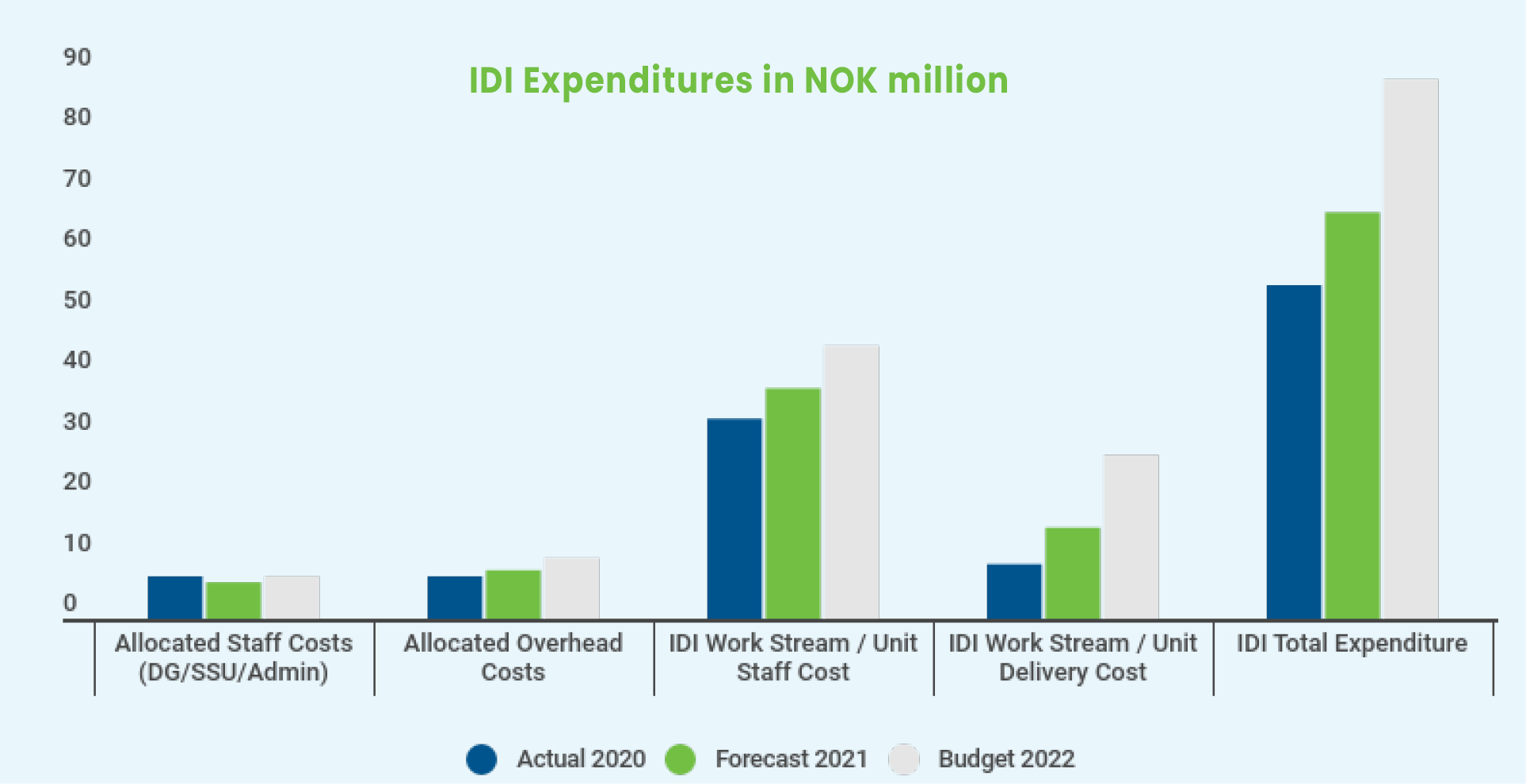
Appendices
Appreciation for our partners
IDI wishes to thank all our partner organisations for their financial, in-kind and strategic support.
Core Funding Partners
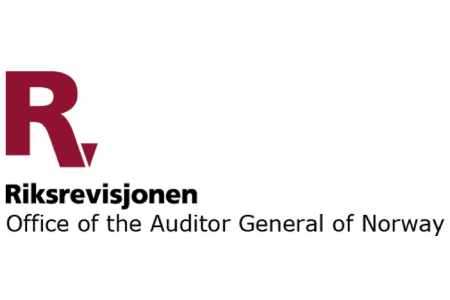
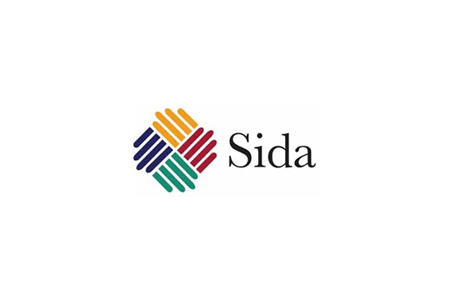
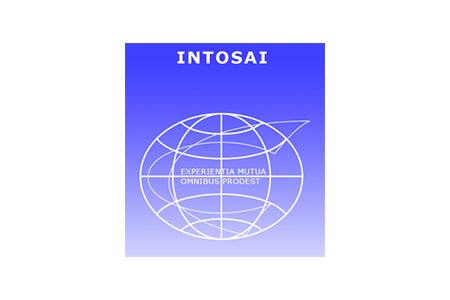
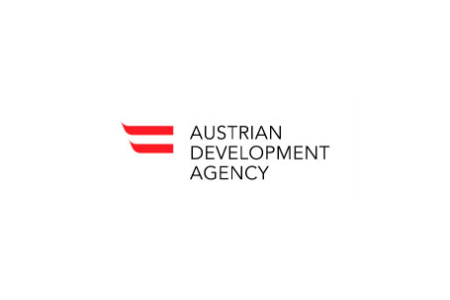
Earmarked Funding Partners
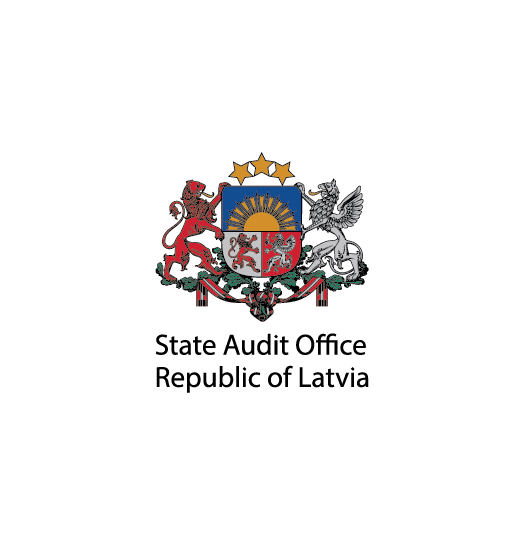
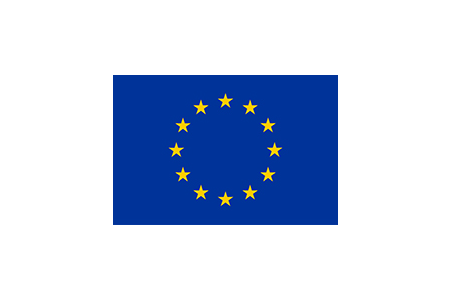
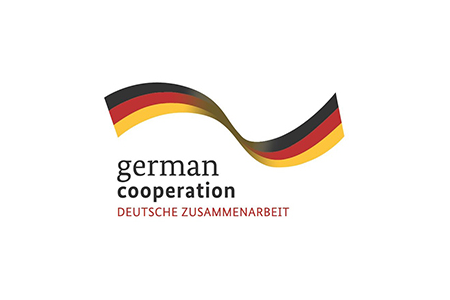
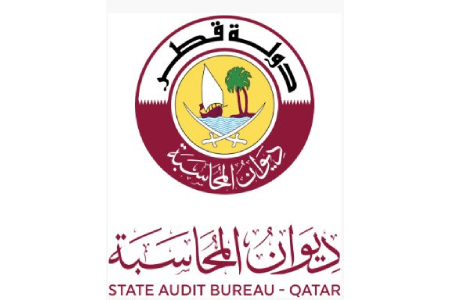

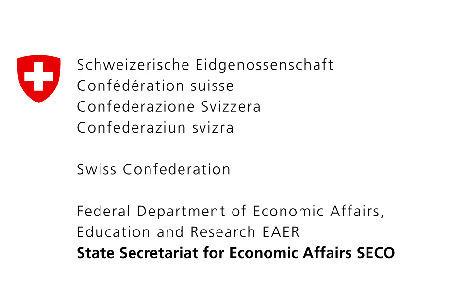
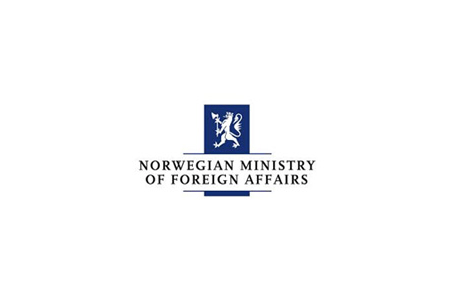

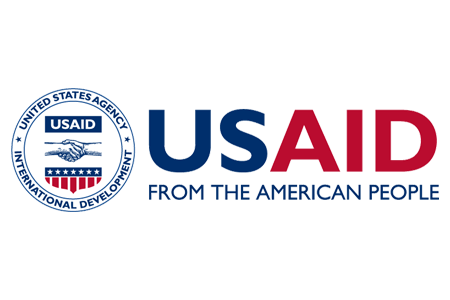

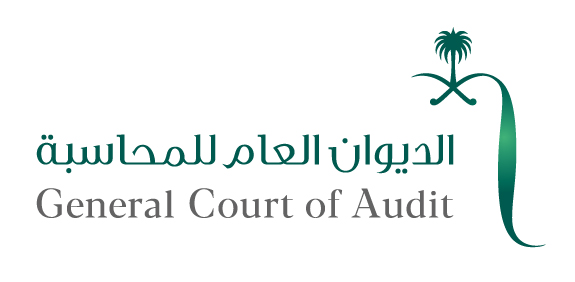
International SAI Community
-
The International SAI Community has agreed on a shared vision and set of strategic priorities as set down in the INTOSAI Strategic Plan 2017-22. IDI partners with INTOSAI bodies to support delivery of the INTOSAI plan, as well as the IDI Strategic Plan. This includes the INTOSAI Governing Board, General Secretariat, Policy, Finance and Administration Committee, Capacity Building Committee, Knowledge Sharing Committee and Professional Standards Committee (including its Financial Audit and Accounting, Performance Audit and Compliance Audit sub-committees).
IDI also works in close cooperation with all the regional SAI organisations: AFROSAI, ARABOSAI, ASOSAI, CAROSAI, EUROSAI, OLACEFS and PASAI, and the sub-regions AFROSAI-E, CREFIAF and ASEANSAI. The regions provide a crucial link between IDI’s global perspective, and the specific strengths, challenges and needs of their member SAIs. The regional and sub-regional bodies are key partners for the delivery of all IDI initiatives.
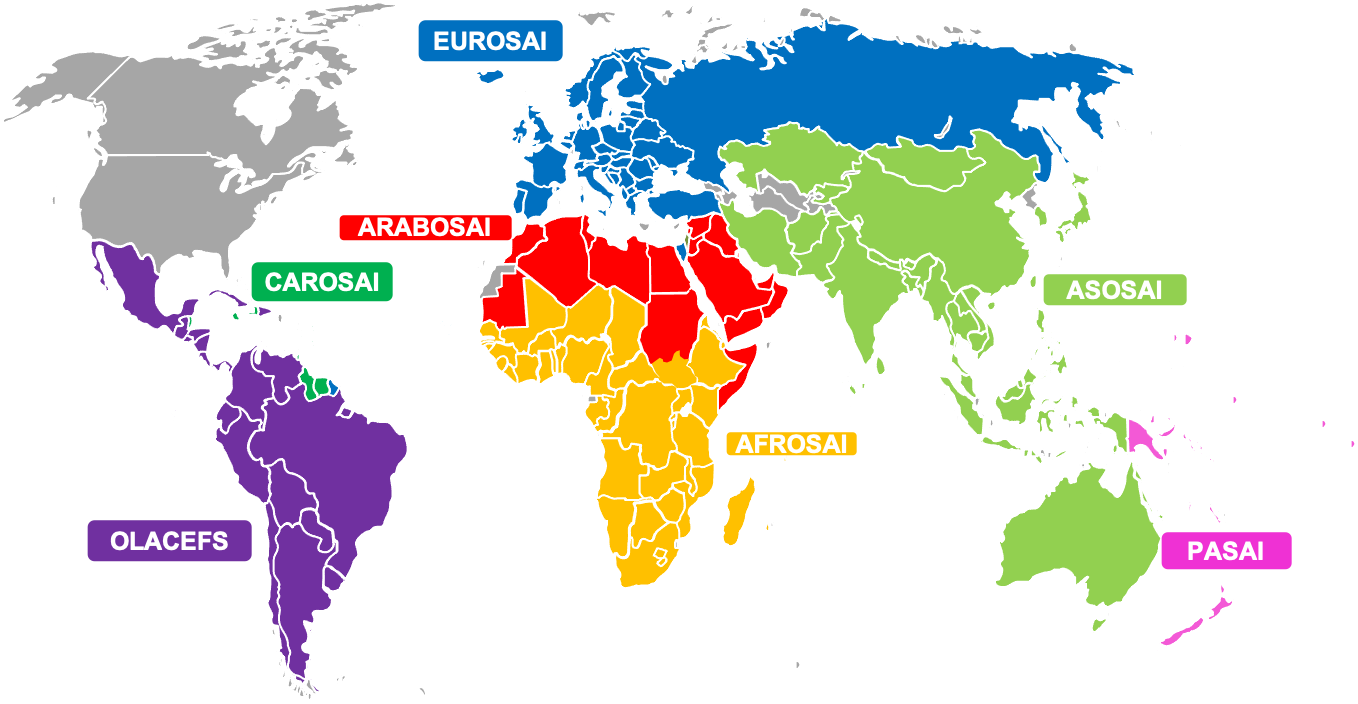
Other Strategic Partners
-
IDI’s Global Foundations Unit continues to support and help coordinate the work of the INTOSAI-Donor Cooperation
-
IDI and the International Budget Partnership work together under a Strategic Partnership Agreement to advocate for and strengthen engagement between SAIs and Civil Society Organisations
-
IDI and the IMF are working together, and supporting each other’s initiatives, on strengthening the audit of the use of COVID-19 emergency funding
-
IDI is increasingly engaging with UN Women to support SAIs to include a stronger gender equality focus in their audit activities
-
IDI has signed agreements with the SAIs of Finland and Indonesia, who provide dedicated human resources to IDI as in-kind support across several work streams

